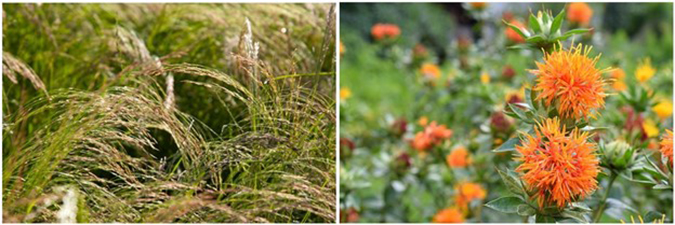Washinton, DC, USA
April 3, 2023

The U.S. Department of Agriculture’s (USDA) Animal and Plant Health Inspection Service (APHIS) recently reviewed a teff plant and a safflower plant that were modified using genetic engineering. We reviewed the plants to determine whether they present an increased plant pest risk as compared to unmodified plants. APHIS posted the Regulatory Status Review (RSR) responses on our website as required under 7 CFR part 340.
The teff plant from the Donald Danforth Center was modified to produce shorter plants and reduce the likelihood of lodging (stem buckling). The safflower plant from Moolec Science Limited was modified to produce gamma-linolenic acid, an essential omega-6 fatty acid, in seeds to alter their nutritional value.
In both cases, APHIS found these plants unlikely to pose an increased plant pest risk compared to other cultivated teff and safflower plants. As a result, they are not subject to regulation under 7 CFR part 340. From a plant pest risk perspective, these plants may be safely grown and bred in the United States.
Our responses are based on information from the developers and our:
- familiarity with plant varieties,
- knowledge of the traits, and
- understanding of the modifications.
Under 7 CFR part 340, developers may request a RSR when they believe a modified plant is not subject to regulation. APHIS reviews the modified plant and considers whether it might pose an increased plant pest risk compared to a nonregulated plant. If our review finds a plant is unlikely to pose an increased plant pest risk relative to the comparator plant, APHIS issues a response indicating the plant is not subject to the regulations.
View the RSR Documents